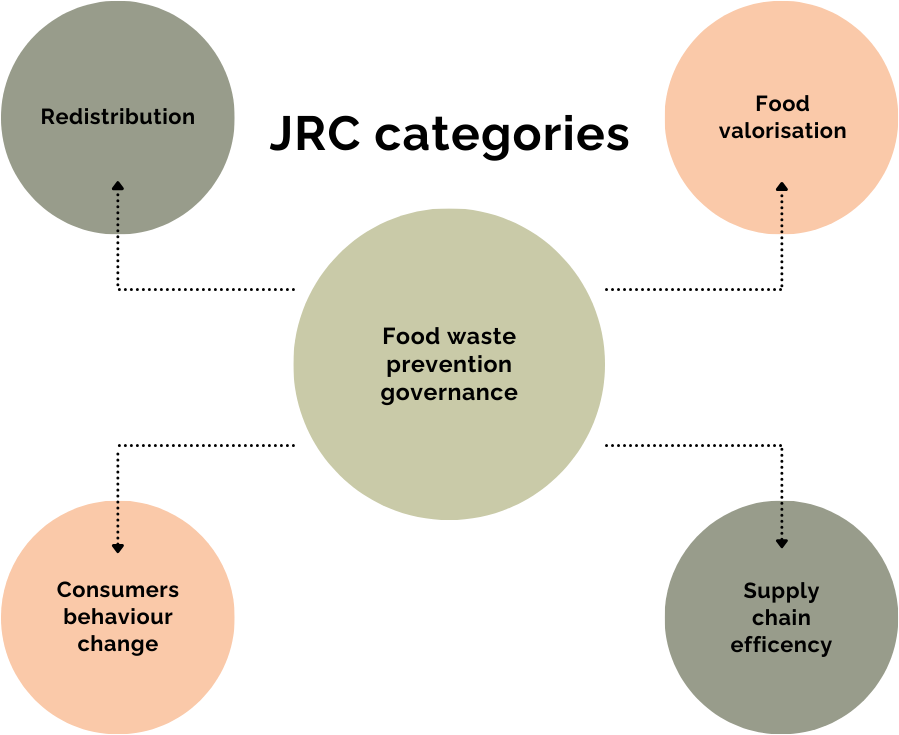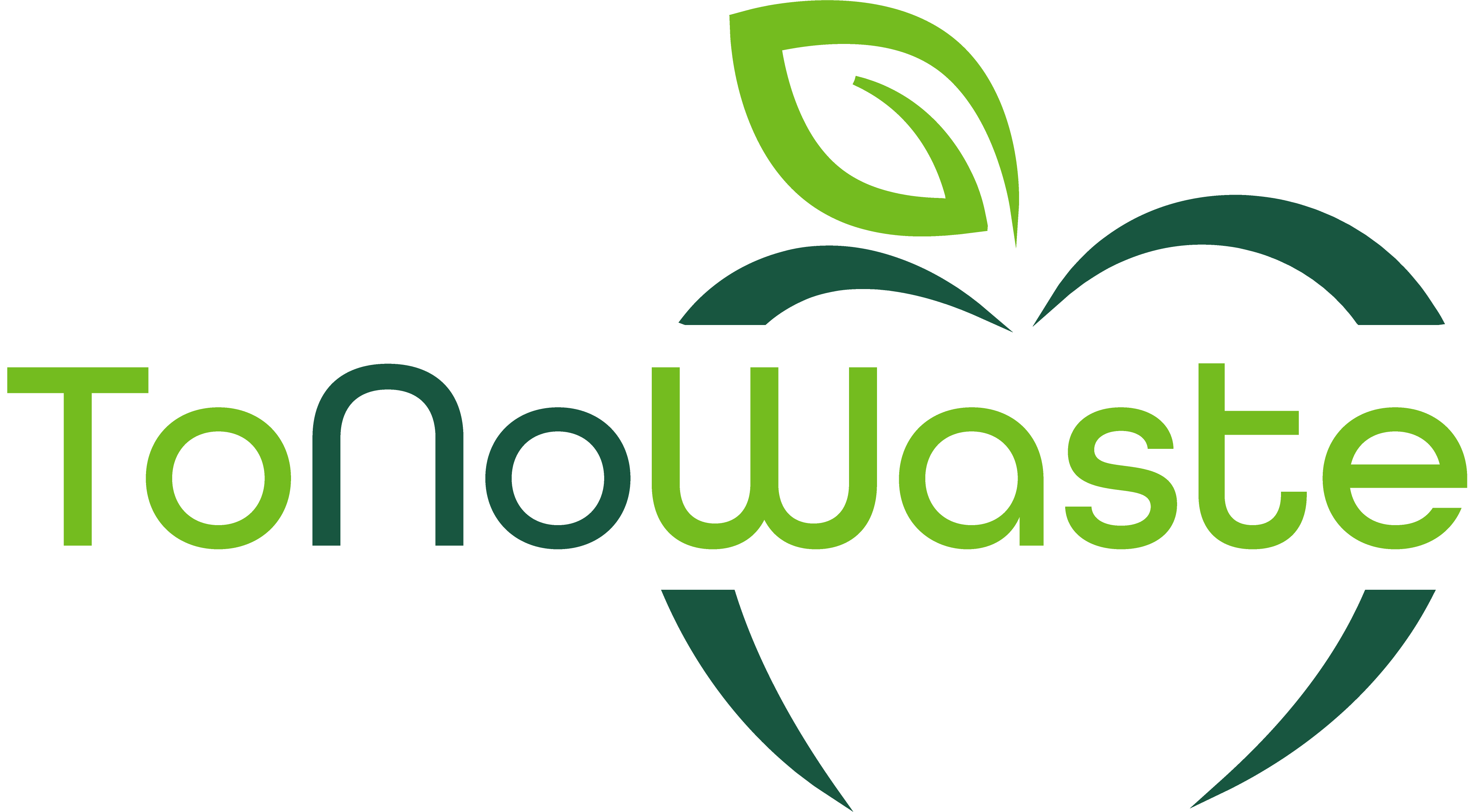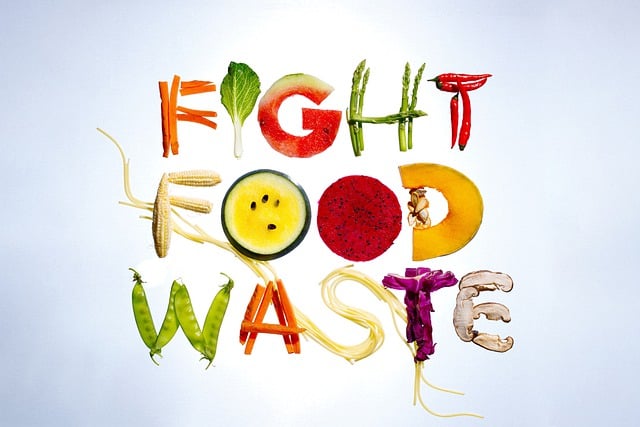The challenge of addressing food losses and waste throughout the supply chain extends beyond economic concerns, impacting the interconnected realms of society and the environment. This necessitates the establishment of sustainability as a resilient development paradigm, where considerations of consumption, production, and regulatory decisions remain integral to fostering a healthy society.
This report, representing Deliverable 1.3 in the context of Task 1.5, emanates from collaborative efforts between UJI and OEAW, reflecting a shared commitment to investigating a new decision-making framework. The document introduces an Initial Portfolio of selected Food Loss and Waste Prevention and Reduction (FLWPR) solutions, shedding light on the validation process for actions proposed by project partners. These initiatives were systematically executed under a homogeneous and structured procedure.
ToNoWaste serves as a catalyst for dialogue, fostering joint and insightful analyses of activities that have facilitated the co-creation and co-design of presented solutions. Engaging practitioners, academic members, project partners, and external experts, the study of the FLW problem and co-design of potential solutions were conducted through diverse activities. Twelve planned actions will be implemented across Spain, Austria, Greece, and Sweden, involving key partners in each region.
Aligned with JRC FLWPR action categories, these actions encompass Redistribution, Food Valorisation, Consumers Behavior Change, Supply Chain Efficiency, and Food Waste Prevention Governance. The dynamism of implementing each solution in the portfolio is emphasized, acknowledging its susceptibility to a changing and complex context. In times of uncertainty, the ToNoWaste Science-based sustainability assessment framework becomes paramount. Co-created and co-designed, this framework is adaptable and applicable in any evolving context, providing effective support for decision-makers to make informed choices in the realm of Food Loss and Waste Prevention and Reduction (FLWPR).
The challenge of food losses and waste throughout the supply chain has significant economic, social, and environmental implications. The goal is to enhance sustainability as a resilient development paradigm, ensuring that risks associated with consumption, production, and regulatory decisions remain integral to the decision-making process for a healthier society.
This report, part of the Initial Portfolio of selected FWPR solutions (Deliverable 1.3 connected to Task 1.5), is presented by UJI and OEAW in collaboration with the investigation of a new decision-making framework. The document outlines an initial portfolio of FLWPR (Food Loss and Waste Prevention and Reduction) solutions and details the validation process of actions proposed by partners, conducted under a standardized and structured procedure. Twelve actions are planned for implementation by partners in Spain, Austria, Greece, and Sweden, involving a diverse range of organizations.
The ToNoWaste initiative facilitates dialogue and collaborative analyses, fostering the co-creation and co-design of presented solutions. A wide range of stakeholders, including practitioners, academic members, project partners, and external experts, participated in various activities related to studying the FLW problem and co-designing potential solutions.
These actions align with JRC FLWPR action categories: Redistribution, Food valorization, Consumer behavior change, Supply chain efficiency, and Food waste prevention governance. The dynamic implementation and development of each solution in the portfolio are influenced by a changing and complex context. Recognizing the uncertainty of context variables, the ToNoWaste Science-based sustainability assessment framework has been co-created and co-designed to be adaptable and applicable in any changing context, effectively supporting decision-makers in making informed decisions for FLWPR.


